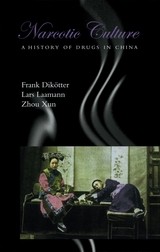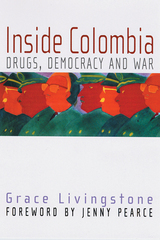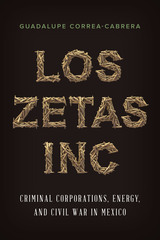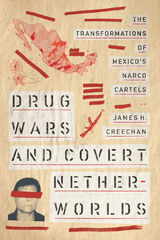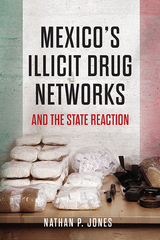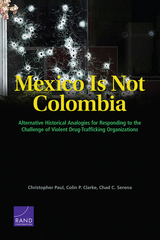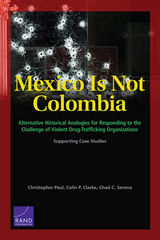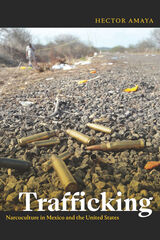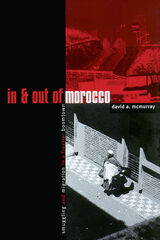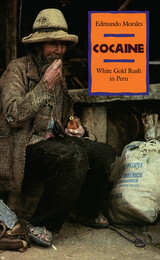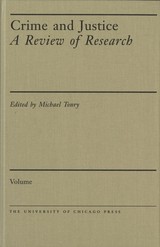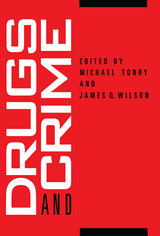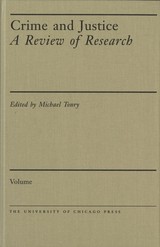Paper: 978-1-62616-294-5
Library of Congress Classification HV5840.M4J66 2016
Dewey Decimal Classification 363.450972
Mexican drug networks are large and violent, engaging in activities like the trafficking of narcotics, money laundering, extortion, kidnapping, and mass murder. Despite the impact of these activities in Mexico and abroad, these illicit networks are remarkably resilient to state intervention.
Drawing on extensive fieldwork and interviews with US and Mexican law enforcement, government officials, organized crime victims, and criminals, Nathan P. Jones examines the comparative resilience of two basic types of drug networks—“territorial” and “transactional”—that are differentiated by their business strategies and provoke wildly different responses from the state. Transactional networks focus on trafficking and are more likely to collude with the state through corruption, while territorial networks that seek to control territory for the purpose of taxation, extortion, and their own security often trigger a strong backlash from the state.
Timely and authoritative, Mexico's Illicit Drug Networks and the State Reaction provides crucial insight into why Mexico targets some drug networks over others, reassesses the impact of the war on drugs, and proposes new solutions for weak states in their battles with drug networks.
See other books on: Drug control | Drug traffic | Jones, Nathan P. | Organized crime | Security (National & International)
See other titles from Georgetown University Press






